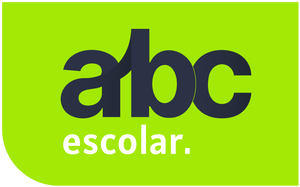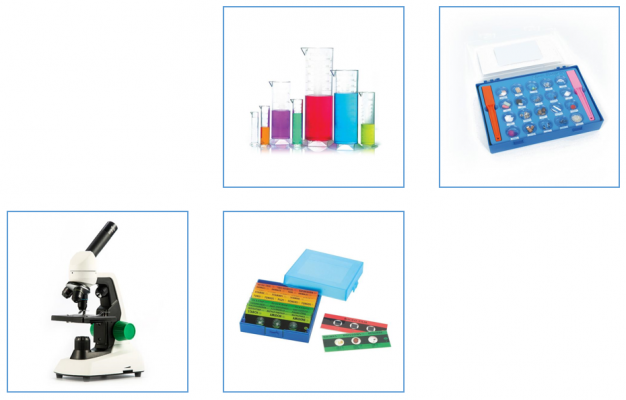Science education plays an essential role in the education of our students. It is important that, in the educational context, teachers prioritize laboratory activities, mainly due to their practical nature and their contribution to the construction of knowledge and the development of scientific skills.
The development of laboratory activities in an educational context

Laboratory activities are therefore a fundamental teaching resource in the teaching and learning of science. However, their educational success depends on the way in which teachers put them into practice and the conditions they have for developing these activities.
These activities promote, from the earliest years of schooling, the development of autonomy and the ability to adapt and understand the phenomena that surround us. To this end, it is essential to plan and implement activities that contribute to the mobilization of capabilities linked to scientific processes and to select the most appropriate resources for each activity.

In fact, these activities aim to nurture and awaken children's interest and curiosity in Science. But they also aim to promote skills related to creative, critical and metacognitive thinking, which are useful in all areas of knowledge. These types of activities help children develop the ability to make decisions and solve problems. They also improve the quality of their interaction with natural reality.
It is clear that these activities should reflect the active process of constructing science itself. They should also be appropriate to the skills and attitudes that we want to develop in each student.
Therefore, it is important that these activities foster attitudes of curiosity, doubt, responsibility and sharing of scientific knowledge. In addition, they should develop skills such as information gathering, problematization, observation, interpretation and argumentation.
To prepare and implement this type of activity, teachers can use a wide range of quality resources and develop teaching and pedagogical materials appropriate to each activity, in accordance with the program content and pedagogical objectives defined in the curricular programs.
Science at home
However, it is important that the taste for science and experimentation continues to be fostered at home, thus complementing the work carried out in the classroom.
Nowadays, there are numerous resources that can be used at home that comply with safety rules. However, it is always advisable to have a responsible adult present.
Implementing laboratory activities at home helps children discover, in a dynamic and interactive way, new ways of thinking and finding answers to their scientific questions. In this sense, these activities promote children's autonomy and creativity, which is necessary for the development of learning skills.



